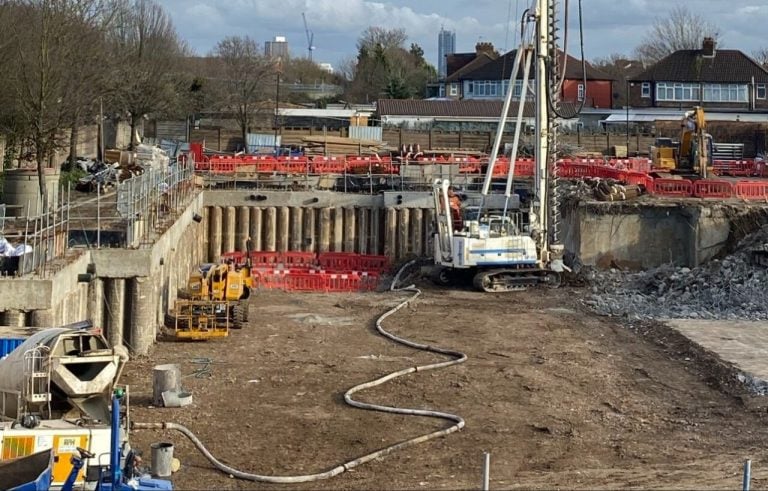What to Consider When Building a House in the UK Outskirts

Table of Contents
Are you dreaming of building your ideal home on the serene outskirts of the United Kingdom? Building a house in the countryside can be a fulfilling and idyllic endeavour, but it comes with its own unique set of considerations and challenges. From planning permissions to environmental impact, there are numerous factors to bear in mind to ensure your dream home becomes a reality.
The Location
The first step is to ensure that you choose the right location. Take your time to explore different areas and consider factors such as proximity to work, schools, healthcare facilities, and local amenities.
Also, think about the landscape – do you want to be nestled in the rolling hills of the countryside or prefer a more remote, secluded spot? Remember, the beauty of the outskirts comes with a potential trade-off in terms of accessibility, so weigh your priorities carefully.
Planning Permissions
One of the most critical aspects of building in the UK, especially in rural areas, is obtaining planning permissions. These permissions are typically required for new construction and major renovations.
Ensure you consult with your local planning authority early in the process to understand the specific regulations and requirements for your chosen area. Engaging with a professional architect or planning consultant can be invaluable in navigating this complex terrain.
Infrastructure and Utilities
Living in the outskirts offers a sense of tranquillity, but it can also mean limited access to basic utilities. Investigate the availability and costs associated with essential services like water, sewage, electricity, and internet connectivity. In some remote areas, you may need to install private utilities, which can be costly.
The Environmental Impact of Your Home and The Most Efficient Drainage System
Building in the countryside often means working in harmony with the environment. Consider the impact your construction will have on the local ecosystem and the surrounding landscape. Sustainable building practices, such as using renewable energy sources or eco-friendly materials, can not only minimise your ecological footprint but also reduce long-term operational costs.
One crucial aspect of environmental responsibility in rural areas is the installation of septic tanks. These systems are essential for managing wastewater when a connection to a municipal sewage system is unavailable.
A septic tank, often buried underground, treats and disposes of household wastewater on-site. Properly maintained septic tanks are vital for preventing contamination of local water sources, which is not only environmentally responsible but also required by law.
When planning your countryside home, consult with professionals to determine the most suitable septic tank system for your property, and ensure it complies with local regulations.
Budget and Financing
Building a house in the outskirts can be more cost-effective than buying an existing property in a city, but it’s crucial to have a well-defined budget. Be prepared for unexpected expenses and include a contingency fund in your financial plan. Financing options, such as mortgages or self-build loans, should also be explored thoroughly.
Long-Term Planning
Think about your long-term plans. Is this a forever home, or do you envision selling it in the future? The resale value of rural properties can be influenced by various factors, including location, accessibility, and local developments.
Legal and Regulatory Considerations
Finally, remember the legal and regulatory aspects. Beyond planning permissions, you may need to navigate various regulations related to land use, property taxes, and building codes. Consulting with legal experts and professionals in the field can help you understand and comply with these requirements.
Building a house on the outskirts of the UK can be a rewarding venture, offering a chance to create your dream home in a picturesque setting. However, it’s essential to approach it with careful planning, attention to detail, and a thorough understanding of the unique challenges and opportunities that come with rural living.
With the right preparation and guidance, your countryside dream home can become a reality. And remember, the responsible use of septic tanks plays a vital role in preserving the pristine environment of rural areas.






